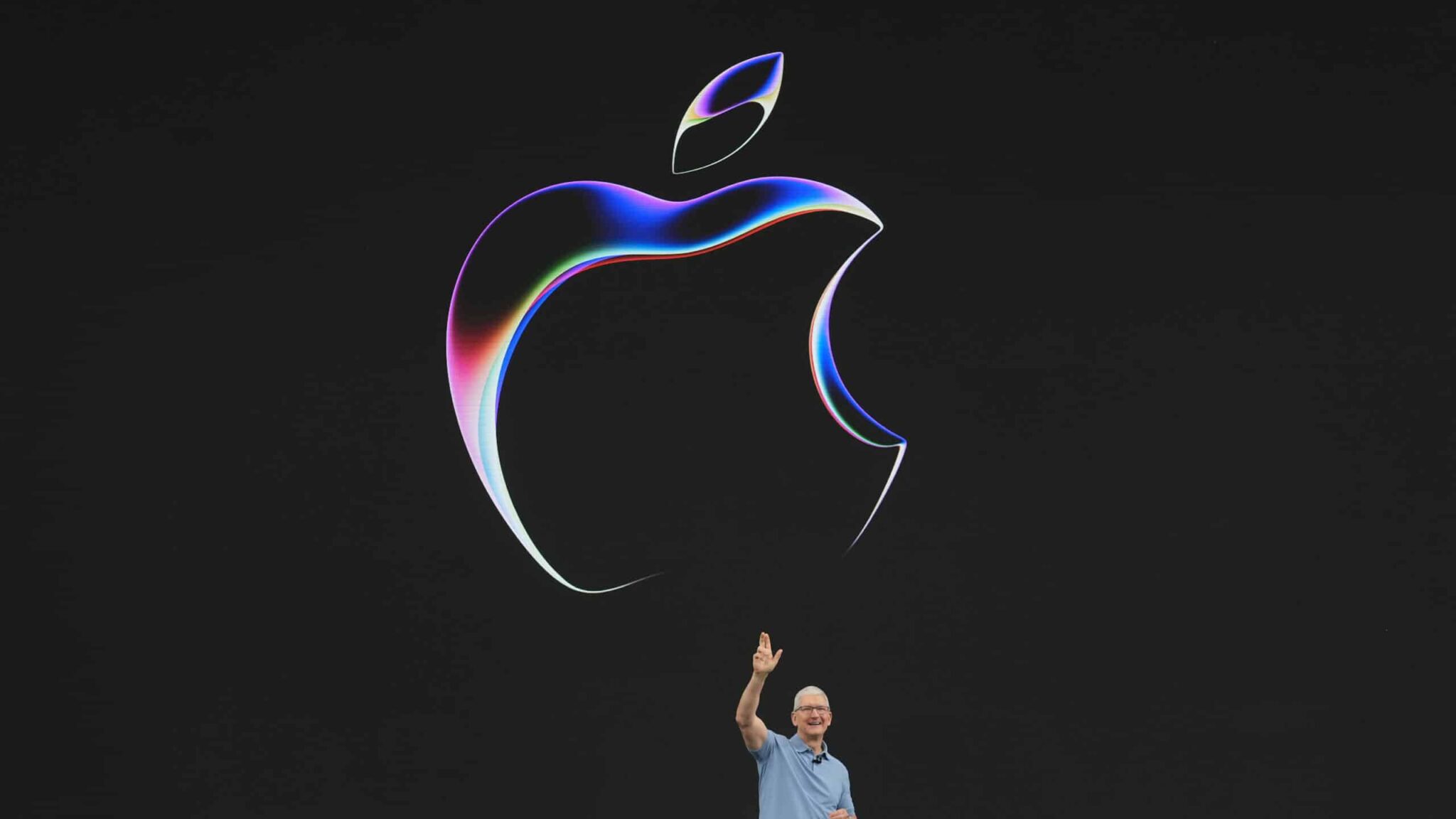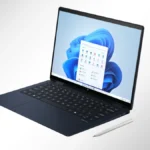In a significant shift of focus, Apple has recently moved away from its long-rumored autonomous electric car project, redirecting its resources towards the development of home robotics and artificial intelligence (AI) applications. This pivot comes after the technology giant disbanded its car division, a project that was rumored to be in development for over a decade and involved nearly 2,000 employees.
The decision to halt the car project was not taken lightly, as it represented a considerable investment in time and resources for Apple. Elon Musk, CEO of Tesla, responded to the news with a mix of respect and relief, marking the end of speculation around what could have been a major new competitor in the electric vehicle market. According to reports, many of the employees from the shuttered car division are being transferred to work on generative AI projects within Apple. This move signals a broader strategy to intensify the company’s efforts in AI, leveraging the popularity and capabilities of generative AI technologies like those seen in ChatGPT by OpenAI, backed by Microsoft.
Apple’s interest in AI is not new, as evidenced by the integration of AI technologies in its existing product lineup. Features such as native sleep tracking on the Apple Watch, intelligent suggestions in the iOS App Library, the Translate app, and sound recognition capabilities all utilize on-device machine learning to enhance user experiences. Apple has been the top global buyer of AI companies, aiming to boost the machine learning capabilities of its products and services, thereby enriching its hardware devices and bolstering loyalty to its services ecosystem.
The tech giant’s venture into home robotics could potentially leverage its strong foundation in AI and machine learning, indicating a promising future for smart home devices. The growing demand for smart home technology underscores the importance of interoperability and the integration of various devices within a connected ecosystem. As consumers increasingly adopt smart devices for their convenience, security, and energy-saving benefits, Apple’s foray into home robotics could redefine the smart home market by introducing innovative, AI-powered solutions.
This shift towards home robotics and AI development could be Apple’s next big step in maintaining its edge in technology innovation. By applying its expertise in AI, software integration, and user experience design, Apple is poised to explore new horizons in home automation and intelligent devices, potentially setting new standards for the industry.
Apple’s strategic realignment reflects its adaptability and commitment to pursuing technologies that promise significant impacts on daily life. As the company embarks on this new journey, the tech world eagerly awaits the innovative products and solutions that will emerge from Apple’s exploration of home robotics and AI.






























